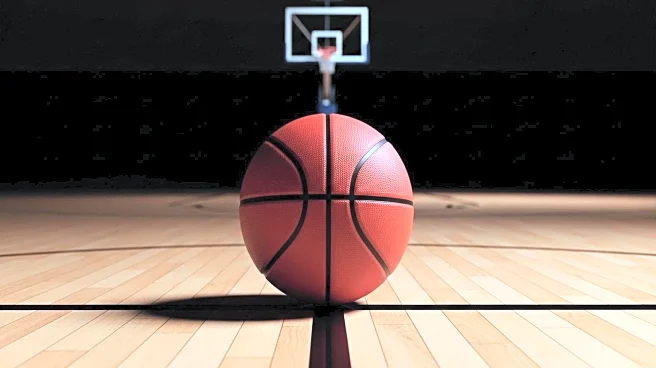What's Happening?
Lisa Leslie, a Hall of Famer and former Los Angeles Sparks player, has publicly criticized the officiating in the WNBA, calling for more consistent and fair management of games. Leslie, who had her jersey retired by the Sparks, addressed these concerns on her show 'Between the Lines with Lisa Leslie.' She emphasized the need for referees to be committed to the league and familiar with player tendencies to ensure fair officiating. Leslie's comments follow similar criticisms from current players like Kelsey Plum, who expressed frustration over inconsistent foul calls during the WNBA All-Star media availability. Plum highlighted the disparity in foul calls, noting that players are often confused about what constitutes a foul, leading to frustration across the league.
Why It's Important?
The criticism from Leslie and other players underscores ongoing concerns about the quality of officiating in the WNBA, which can significantly impact game outcomes and player performance. Inconsistent officiating can lead to unfair advantages or disadvantages for teams, affecting the integrity of the sport. This issue is particularly important as the league continues to grow and attract more attention, necessitating a higher standard of officiating to maintain credibility. Players and teams may feel the need to adapt their strategies based on perceived officiating biases, which could alter the competitive landscape of the league.
What's Next?
The WNBA may need to address these concerns by reviewing officiating standards and possibly implementing more rigorous training for referees. This could involve workshops or seminars to familiarize officials with player tendencies and league-specific rules. Additionally, the league might consider establishing clearer guidelines for foul calls to reduce ambiguity and improve consistency. Stakeholders, including team management and players, may push for these changes to ensure fair play and enhance the overall quality of the league.
Beyond the Headlines
The call for better officiating also highlights broader issues of professionalism and accountability within sports leagues. As the WNBA continues to expand, ensuring high standards in all aspects, including officiating, becomes crucial for its reputation and success. This situation may also prompt discussions about the role of referees in sports and the importance of their training and development in maintaining the integrity of competitive play.










